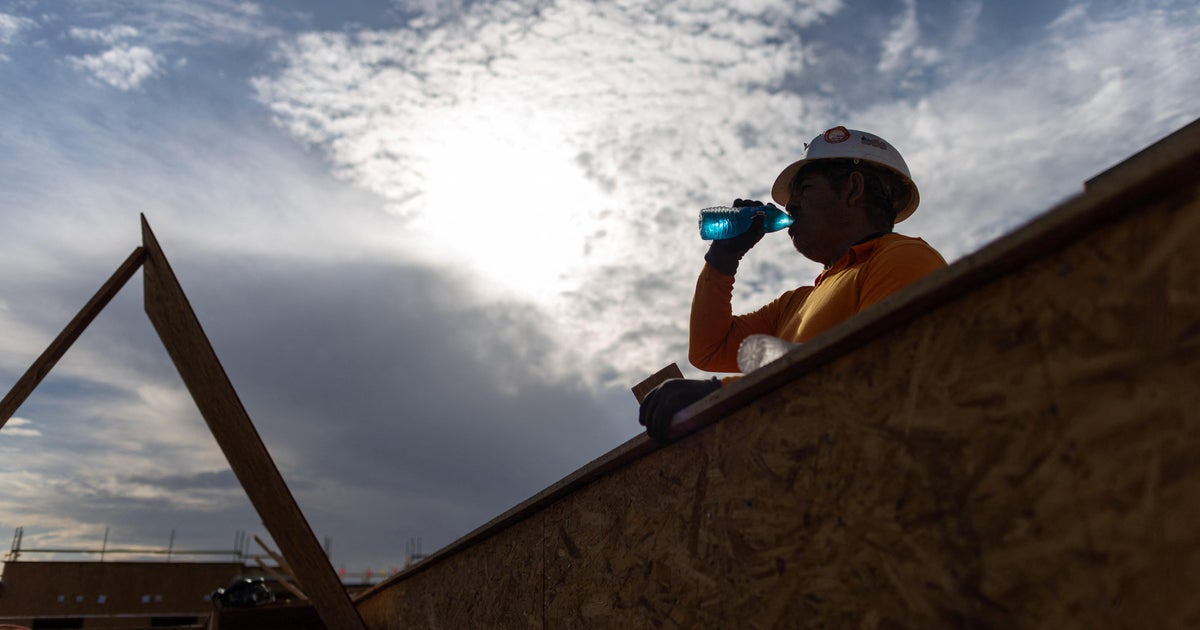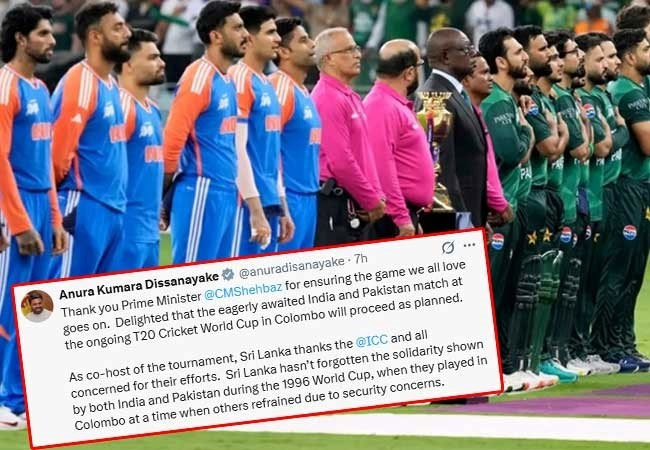After a year of legal skirmishes and a week of jury selection, today marked the true beginning of the first prosecution of a former American president — a courtroom drama complete with lawyerly broadsides, a no-nonsense judge and 12 Manhattanites sitting in judgment.
The State of New York laid out a twisty tale of hush money, illicit sexual encounters and a battle for the White House. The defense says it’s all a nothing-burger: an overblown attempt to pursue felony charges for actions that, if anything, are minor record-keeping errors.
As the prosecution described it, the case that faces a man who made his Hollywood name with the artificial drama of “The Apprentice” needs no contrivance. In a 45-minute opening statement, the prosecutor Matthew Colangelo wove a complex tale of Donald Trump — reeling from the unsavory revelations of the “Access Hollywood” tape — desperately wanting to bat back another simmering scandal in the weeks before the 2016 presidential election.
That accusation was of a sexual encounter in 2006 with Stormy Daniels, a porn star. Colangelo said Trump, his campaign rattled by the “Access Hollywood” tape, on which the former president bragged about grabbing women’s genitals, agreed to pay Daniels $130,000 “to silence her and to make sure the public did not learn of the sexual encounter.”
Colangelo added that “this was not spin or communication strategy,” but part of a larger effort to dupe the American voters.
“This was a planned, coordinated, long-running conspiracy to influence the 2016 election to get Donald Trump elected through illegal expenditures,” he said, adding: “It was election fraud.”
When it was the defense’s turn, the former president’s lawyers used their time to minimize the charges — saying they all amounted to “a business records violation” — and trying to humanize Trump, presenting him as a defendant the jury could relate to.
“This is important: He is not just our former president, he is not just Donald Trump you see on TV and read about,” said Todd Blanche, the former president’s lead attorney. “He is also a man, he’s a husband, he’s a father.”
Trump, whose children and wife have not been in the court during the first five days of trial, seemed largely subdued at the defense table, sometimes looking at Blanche as he spoke for about 30 minutes.
Blanche said there was nothing wrong with trying to influence an election, adding: “It’s called democracy.”
‘Just 34 pieces of paper’
Blanche noted that despite the prosecution’s statement, Trump is not charged with conspiracy. He also called the 34 felony counts that Trump faces “just 34 pieces of paper” related to payments made to Michael Cohen, the president’s former fixer who is expected to be the government’s star witness.
Not surprisingly, Blanche saved special scorn for Cohen, calling him a perjurer and a criminal. “He cheated on his taxes, he lied to banks, he lied about side businesses he had,” Blanche said.
Cheating also seemed to be a part of the prosecution’s case, as Colangelo mentioned on at least two occasions that Trump was married at the time prosecutors say he pursued Daniels and Karen McDougal, a Playboy model who also says she had an affair with the former president.
When openings wrapped up, the first witness, David Pecker, the former publisher of The National Enquirer, took the stand. He offered up juicy details about his calling as a tabloid guru: paying off people for stories about celebrities, developing sources among ground-level employees and always angling for a famous face on the cover.
Despite being the first on the stand, Pecker seemed relaxed, laughing along with a prosecutor, Joshua Steinglass, on several occasions and directly addressing jurors on others. Tomorrow’s testimony is expected to be more intense, with Pecker likely to lay out the contours of “catch-and-kill” arrangements, where publishers of supermarket tabloids buy unflattering stories about allies, only to spike them. And, of course, he’ll eventually be cross-examined.
The trial day was cut short by the observance of Passover and a juror’s dental emergency, but Justice Juan Merchan — a veteran jurist who is overseeing the proceeding — seems intent on keeping things moving.
After the jury left for the day, Merchan dealt with several minor legal issues, and he will reconvene lawyers at 9:30 a.m. tomorrow to rule on possible violations by Trump of a gag order in the case.
The jury is expected back at 11 a.m., even as worries about their well-being continued. Merchan said today that one seated juror had expressed concerns about media attention in the case, but — after a brief meeting in the judge’s quarters — agreed to stay on the jury.
Today, the panel — 12 seated jurors and six alternates — seemed mostly rapt, paying close attention to both sides with many asking for pen-and-paper to keep notes.
And if the first day of testimony was any indication, they may need a few more notebooks.
Here’s the team we have reporting on the trial. During the proceedings, we’ll be sending you updates more frequently, including breaking news alerts and our weekly analysis on Thursdays.
Your questions
We’re asking readers what they’d like to know about the Trump cases: the charges, the procedure, the important players or anything else. You can send us your question by filling out this form.
What happens if just one juror believes Trump is not guilty? What happens in the event of a hung jury? — Jeffrey Siegel, Chicago
Jesse: A mistrial, which would be a major win for Trump. Prosecutors could then decide to retry the former president, but that would take time. It would also probably allow Trump to continue to criticize the case as weak and politically motivated, even as the clock continued to tick toward the November election.
What else to watch
Where does each criminal case stand?
Trump is at the center of at least four separate criminal investigations, at both the state and federal levels, into matters related to his business and political careers. Here is where each case stands.













